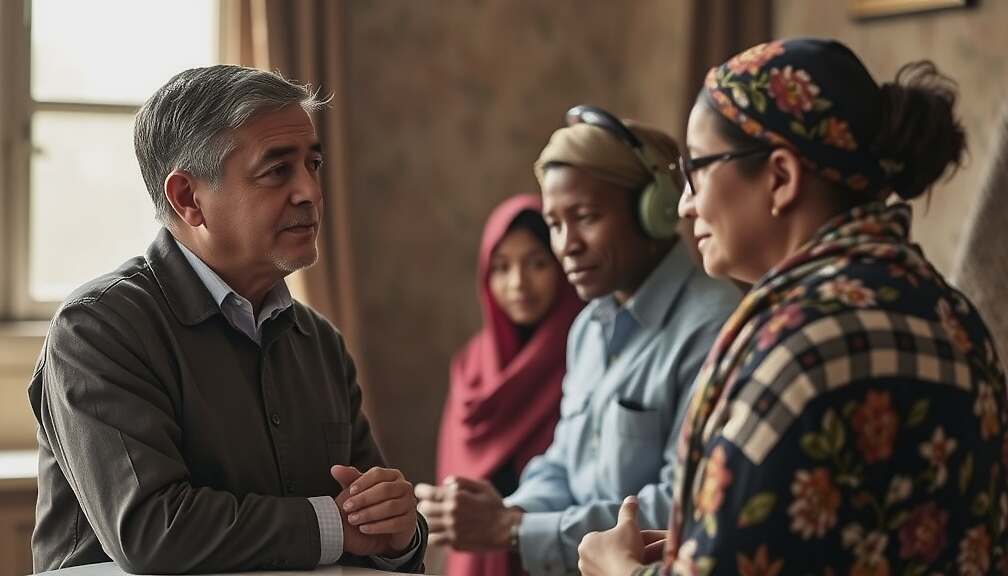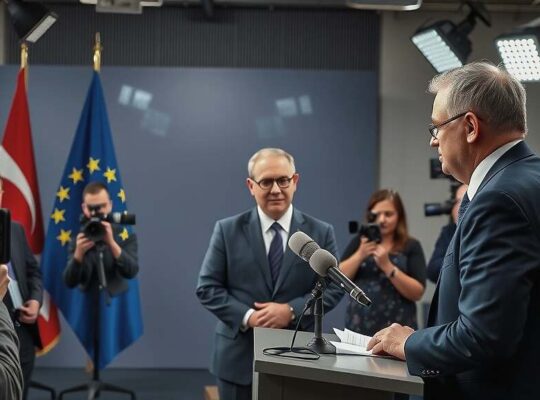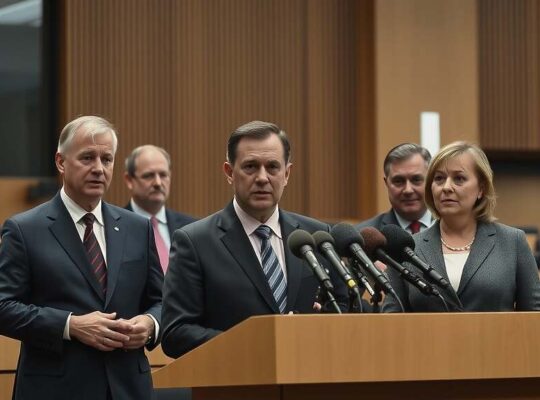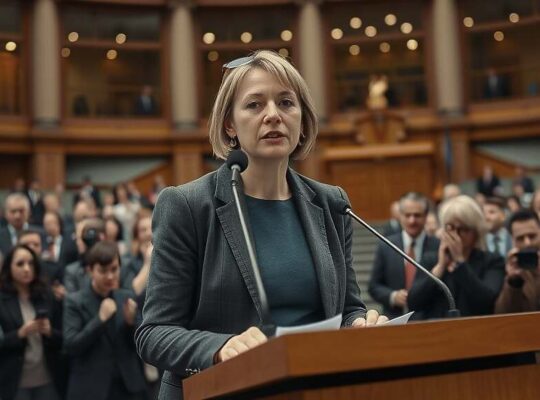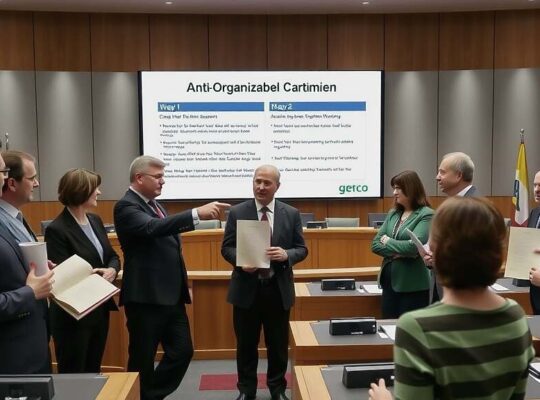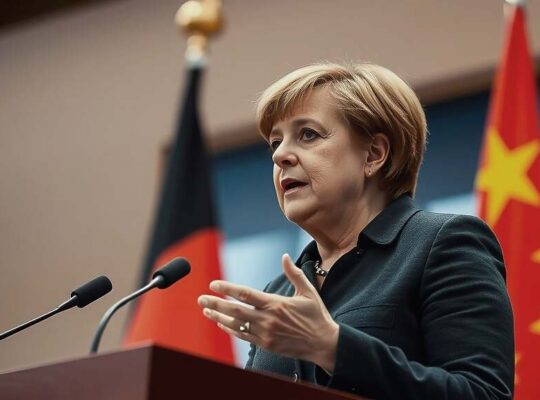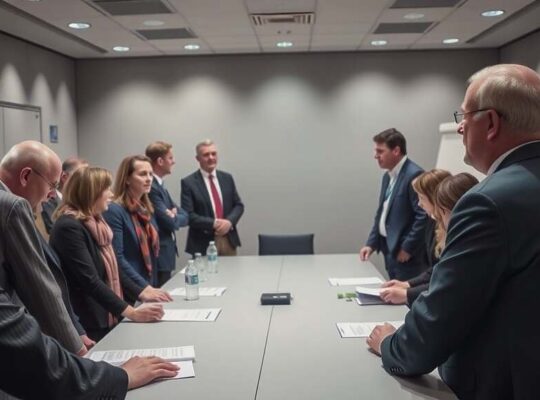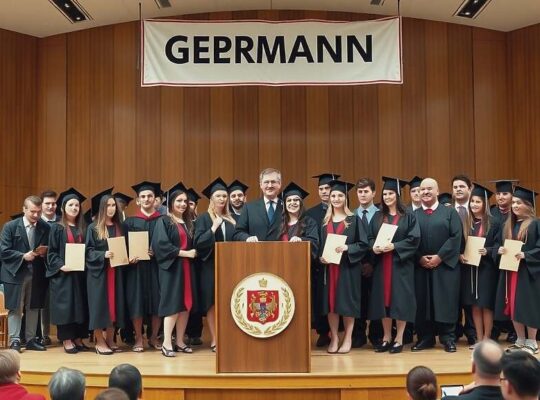The German political landscape is witnessing a rare display of cross-party alignment regarding the complex situation in Syria, with Green Party interior policy spokesman Marcel Emmerich publicly endorsing the stance of Foreign Minister Johann Wadephul (CDU). Emmerich’s support highlights a growing recognition within Germany of the grim realities on the ground and underscores a significant disagreement with the current approach of the Federal Interior Ministry.
Wadephul recently visited Syria, an experience Emmerich emphasized as crucial in gaining a tangible understanding of the devastation. “The Federal Foreign Minister was there, observed the destructive nature of the situation in Syria and examined the possibilities for action on site” Emmerich stated in an interview with RTL and ntv. His statement implicitly criticized those who, from the perceived safety of German offices, readily condemn the ongoing crisis without acknowledging its debilitating scope.
The most pressing concern, according to Emmerich, is the collapse of Syria’s infrastructure and healthcare system. He pointed out the stark reality that over half of the country’s hospitals are non-functional after years of brutal civil war, severely limiting the potential for reintegrating returning Syrian refugees.
Emmerich has championed a voluntary repatriation program modeled after initiatives in Turkey, where Syrian citizens are afforded the opportunity to visit their home country, assess conditions and return to Turkey before making a final decision about permanent return. He voiced frustration that the German Interior Ministry has demonstrably resisted implementing similar programs, arguing that such a pragmatic approach is vital for informed decision-making and an honest appraisal of the return process.
The divergence in perspectives between Wadephul and the Interior Ministry points to an ongoing internal debate within the German government. While Wadephul’s on-the-ground assessment appears to advocate for a more flexible and nuanced approach to repatriation, the Ministry’s reluctance to adopt strategies like the Turkish model raises questions about bureaucratic inertia and potential political considerations driving policy decisions concerning Syrian refugees and the complexities of reintegration. The criticism leveled indirectly at the Interior Ministry signals a power struggle and underlines the difficulty in crafting a coherent and humane strategy for dealing with the protracted Syrian crisis.


